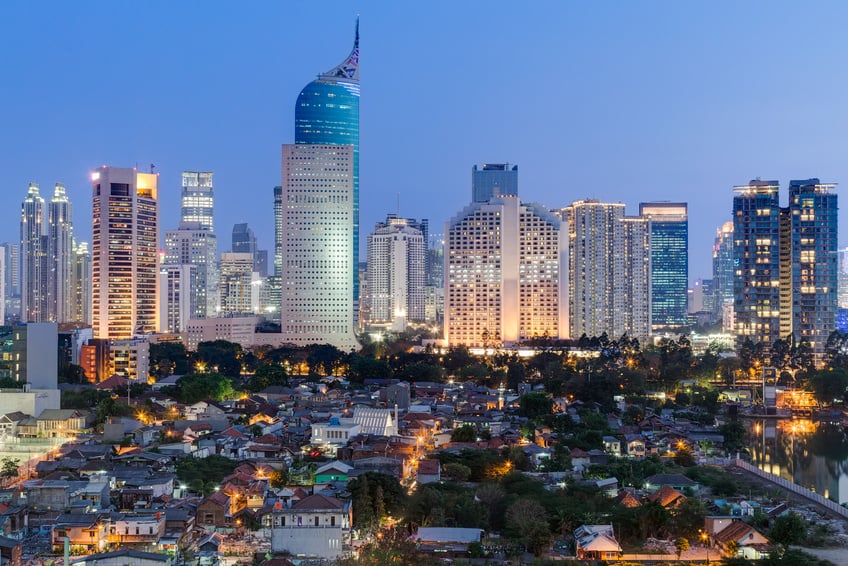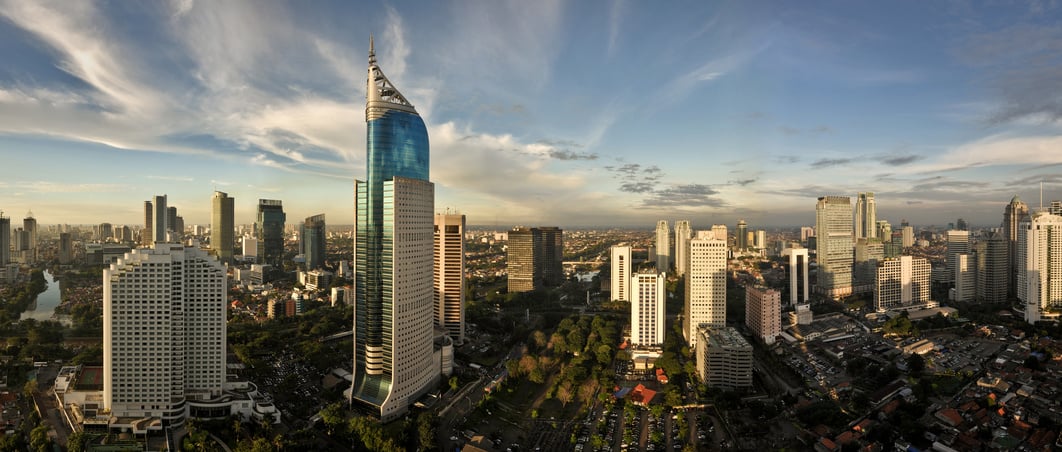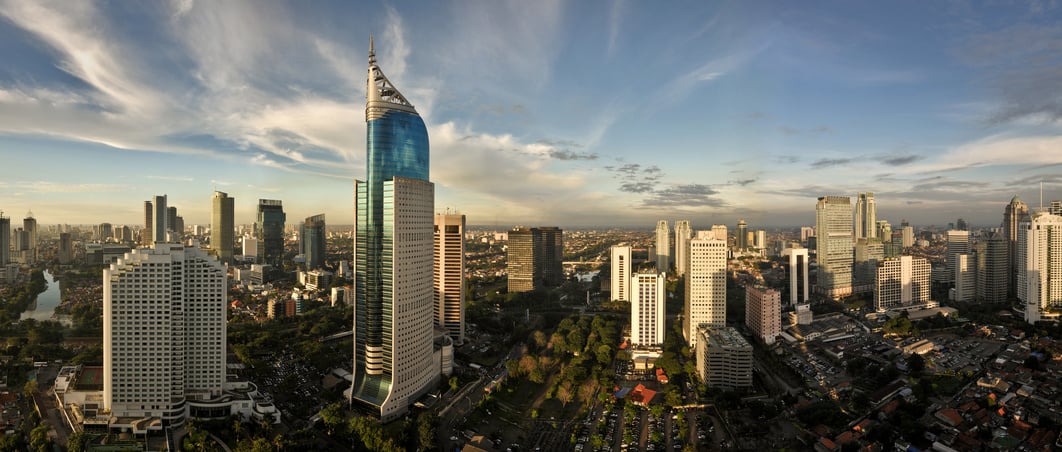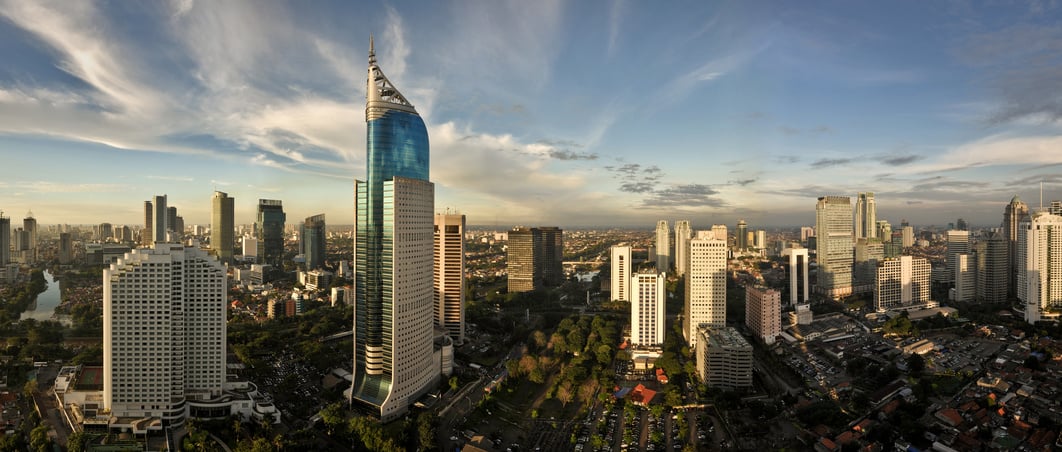After almost a decade of negotiations, the RCEP was finally signed on 15 November 2020 by 10 ASEAN countries, along with Australia, China, Japan, New Zealand and South Korea. India was originally party to the RCEP negotiations, but it left the deal in 2019 due to concerns over the protection…
After almost a decade of negotiations, the RCEP was finally signed on 15 November 2020 by 10 ASEAN countries, along with Australia, China, Japan, New Zealand and South Korea. India was originally party to the RCEP negotiations, but it left the deal in 2019 due to concerns over the protection of its national interests and local industries.
The RCEP is the largest regional free trade agreement (FTA) outside the WTO. Its member states account for approximately 30% of the world’s gross domestic product (USD 26.3 trillion) and 30% of the world’s population (2.3 billion). Key developments that are expected from the implementation of the RCEP include further liberalization of trade, removal of non-tariff trade barriers and increased trade facilitation, removal of barrier to services sectors, as well as overall enhanced business environment through regulations relating to intellectual property protection, government procurement practices, e-commerce and more.
On 5 October 2020, the Parliament approved the job creation law (RUU Cipta Kerja, commonly known as the “Omnibus Law”). The Omnibus Law amends a number of existing laws. On 5 October 2020, the Parliament approved the job creation law (RUU Cipta Kerja, commonly known as the “Omnibus Law“). The…
In brief On 5 October 2020, the Parliament approved the job creation law (RUU Cipta Kerja, commonly known as the “Omnibus Law”). The Omnibus Law amends a number of existing laws, including the following: Law No. 7 of 2014 on Trade (“Trade Law”) Law No. 39 of 2009 on Special…
In brief The Ministry of Finance of the Republic of Indonesia (MOF) recently issued MOF Regulation No. 134/PMK.010/2020 on Government Borne Import Duties for the Importation of Goods and Materials to Produce Goods and/or Services in Certain Industries that are Affected by the COVID-19 Pandemic (MOF Regulation 134). This regulation…
In brief What is IA-CEPA? Brief Overview of the IA-CEPA Indonesia and Australia have made a framework to unlock the vast potential of the bilateral economic partnership, fostering economic cooperation between businesses, communities and individuals through the Indonesia-Australia Comprehensive Economic Partnership Agreement (“IA-CEPA”)1. The IA-CEPA was ratified by Australia on…
On 28 May, the Ministry of Trade (MOT) issued a more comprehensive regulation on post-border import by enacting MOT Regulation No. 51 of 2020 on Post-Border Import Inspection and Supervision (‘MOT Regulation 51’). When Regulation 51 comes into effect on 28 August, the 2018 post-border import supervision policy[1] will no longer prevail.
Recent Developments
The Minister of Trade (MOT) has issued a regulation banning the export of certain products needed in the fight against COVID-19.
The regulation temporarily bans the export of antiseptic, raw material for masks, personal protective equipment and mask products under several HS Codes.
In brief Under Reg 9, PSBB is defined as restriction of certain activities of citizens in an area that is suspected of being infected with a disease and/or contaminated to prevent the possibility of the spreading of Corona Virus Disease (Covid-19). PSBB involves: dismissal of schools and workplaces restrictions on…
In brief Recent developments The Indonesian government recently issued Government Regulation in Lieu of Law, Peraturan Pemerintah Pengganti Undang-Undang, No. 1 of 2020 (“Perppu 1/2020”) to mitigate the economic impact of the outbreak of Coronavirus Disease 2019 (COVID-19). This will allow more state spending and financial relief efforts to help the…





